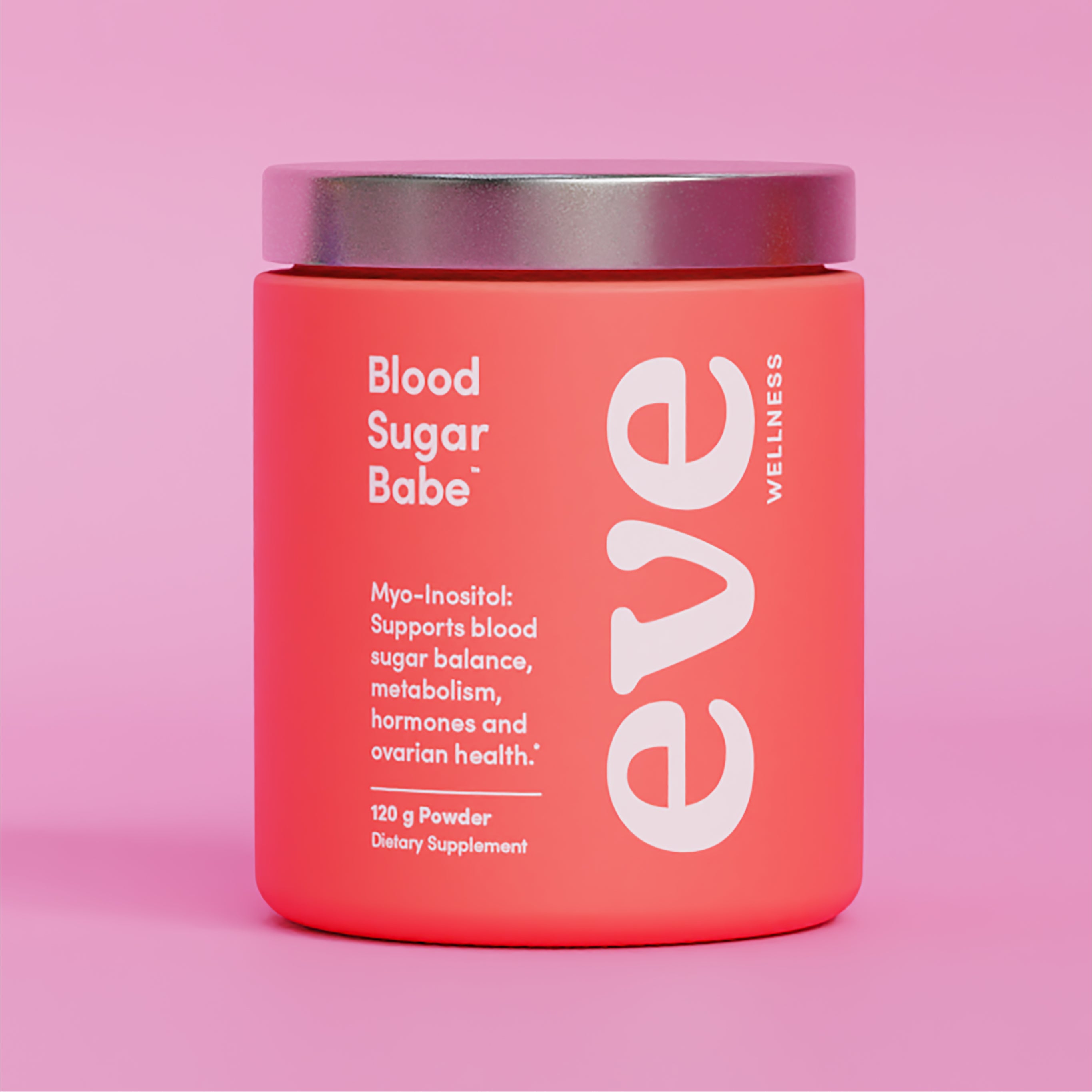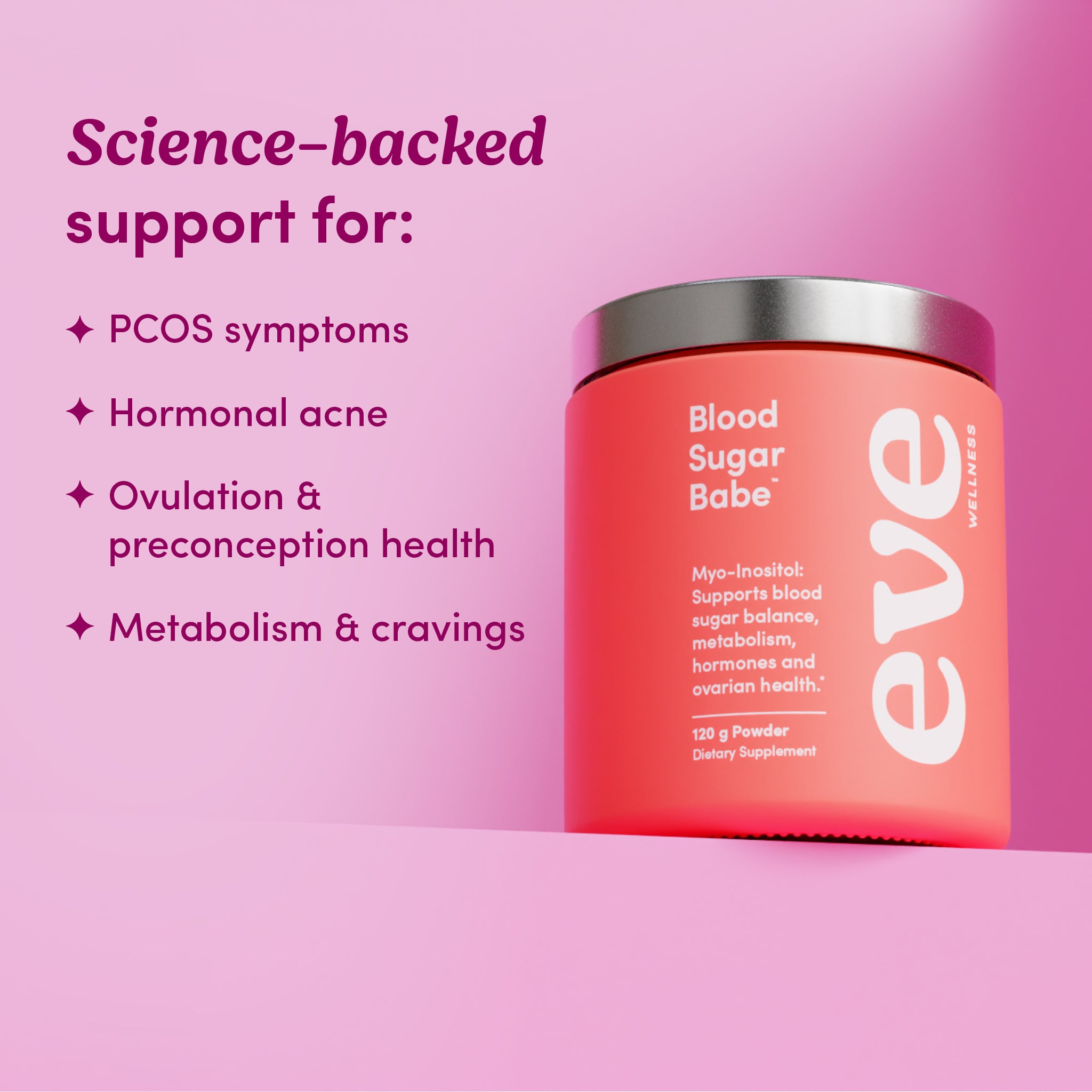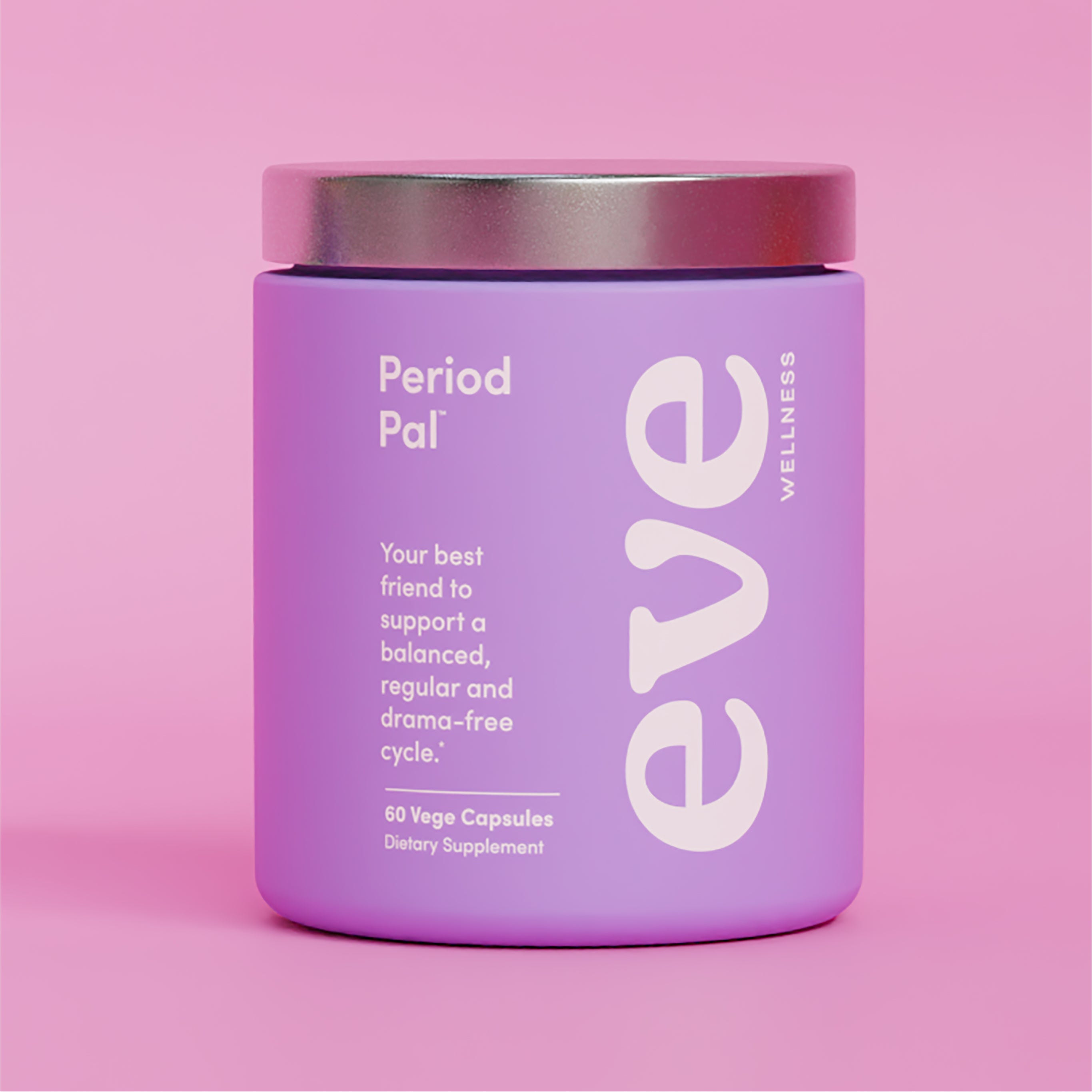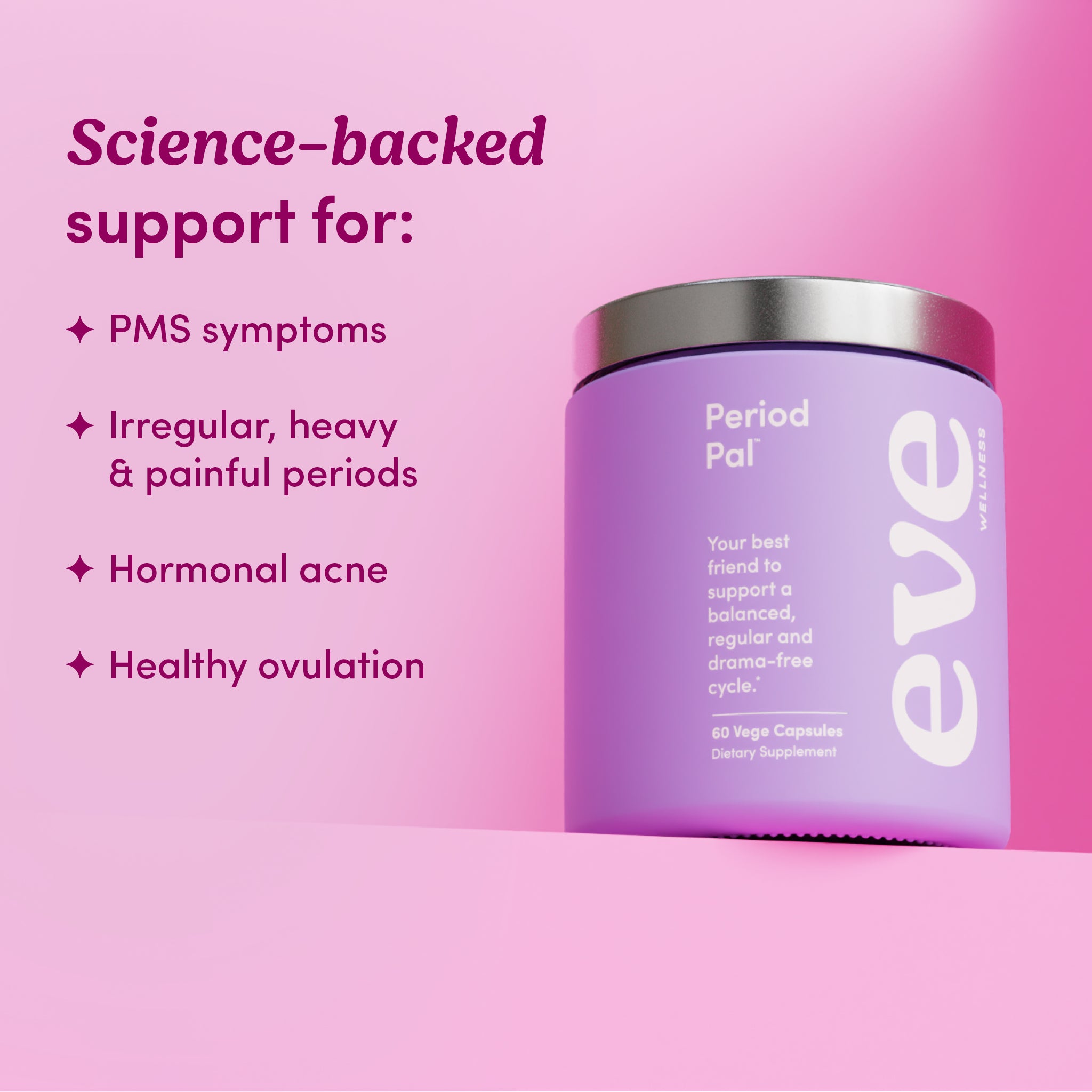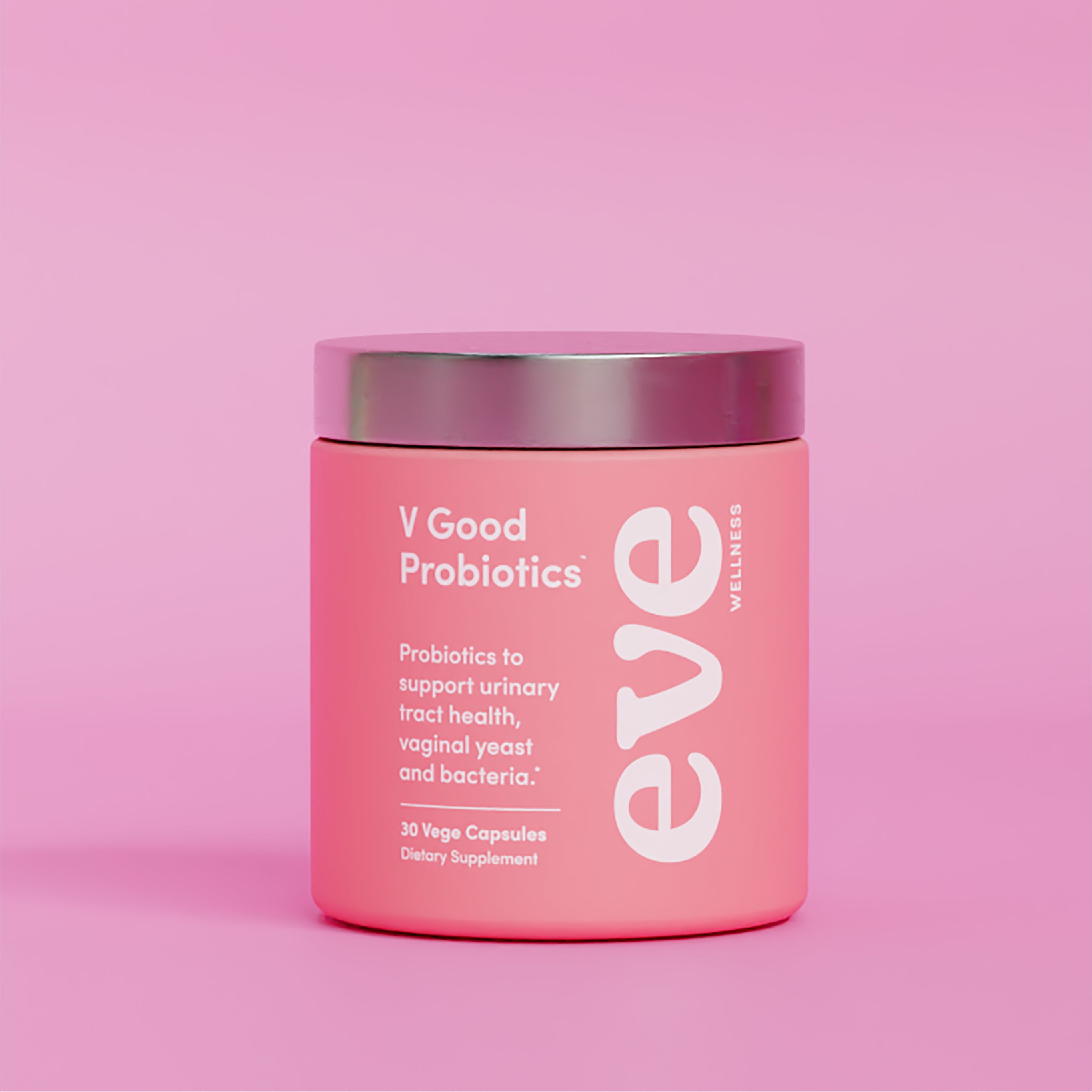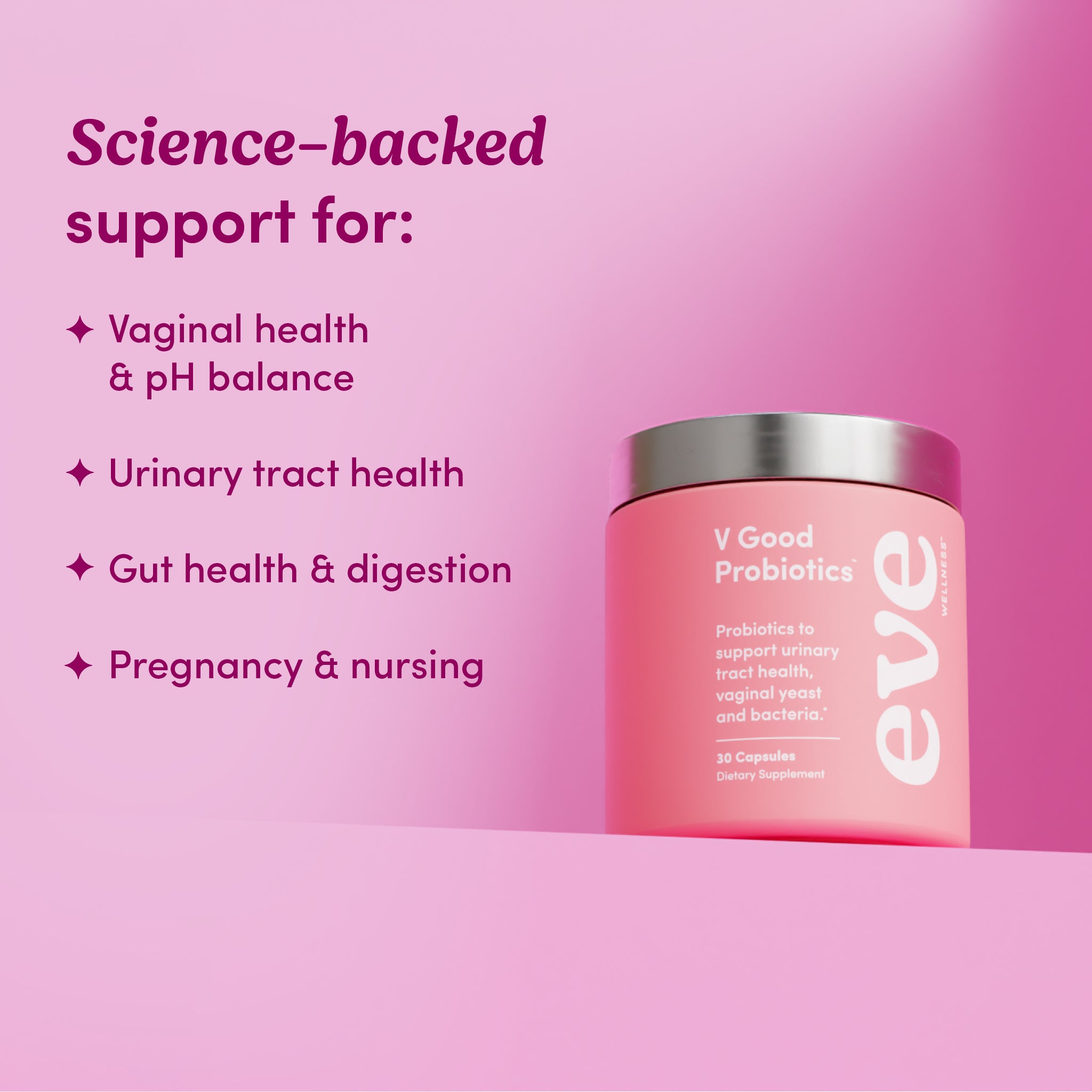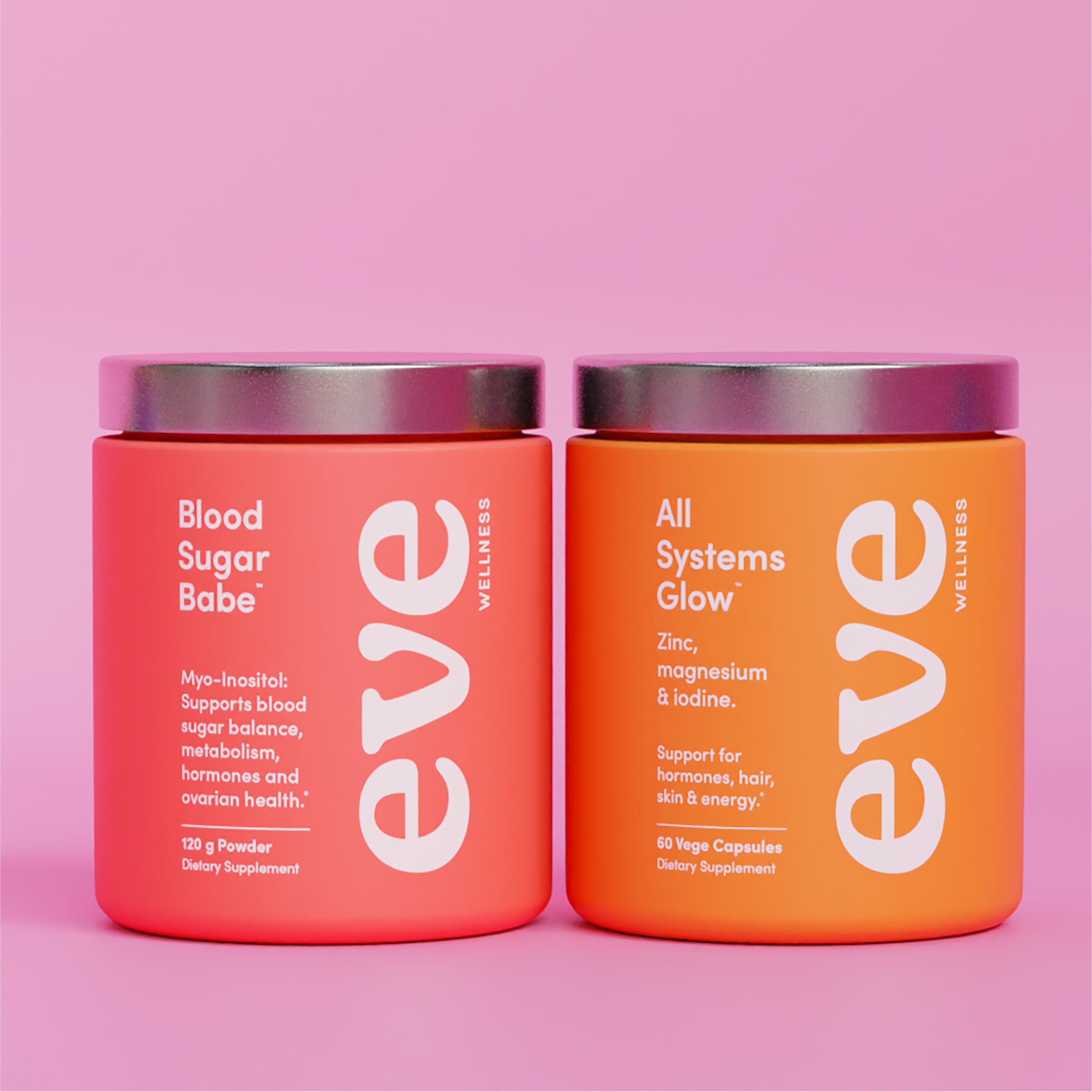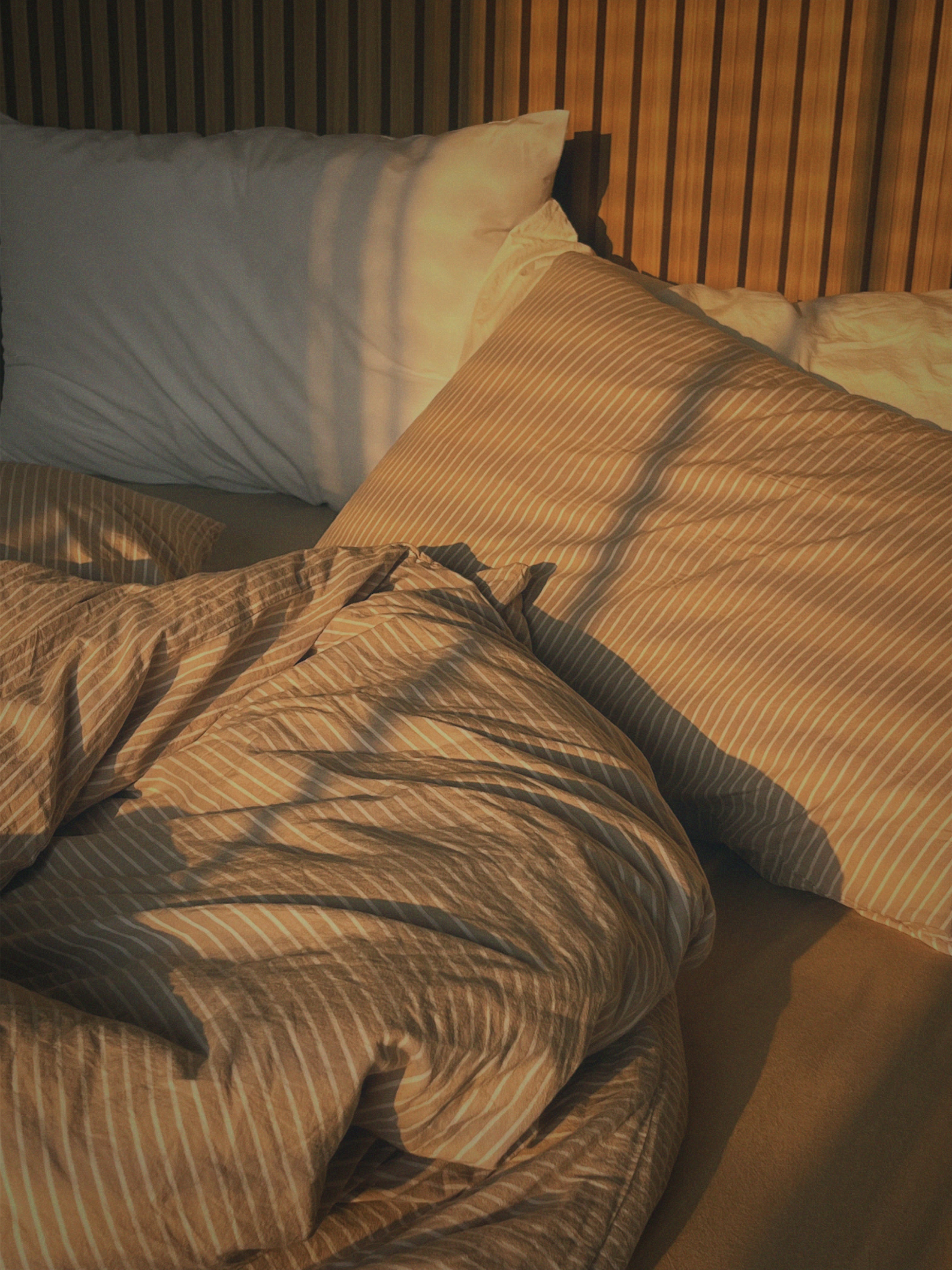What if we told you that sleep was the answer to everything? Like saltwater (both crying and ocean swims), it will cure what troubles you. We hear from a young age how a solid eight is right up there with your 5+ a day but like most things we’re told again and again, it has a tendency to go in one ear and out the other.
We’re here to pick up where mum and dad left off and get you tucked up into bed, ready to receive sleep like you would a birthday gift. Enthusiastically.
Here are some cliches that are cliches for a reason:
- Sleep is the time to rest and digest
- Gains are made on rest days
- It will all feel better in the morning
- You’re not angry, you’re just tired
What we know from years of doing the research is that we can do everything right but if we’re not sleeping, we might as well be working at 50% capacity. If we’re not sleeping well, our bodies and minds can’t repair and grow the new cells we need to stay healthy; our cortisol levels, which are naturally higher during the day, would never have time to lower and would thus keep us in a permanent state of stress.
Repeat after us: We cannot pour from an empty cup.
In addition to those more noticeable side-effects, a lack of consistent, quality sleep can lead to longer-term issues like:
- Chronic inflammation
- Heart disease
- Obesity
- Compromised immunity
- Diabetes (even one night of poor sleep can lead to temporary insulin resistance)
So, because we’re assuming that none of that sounds appealing to you, let’s talk about how we can make sleep not only a priority but keep it within reach.
Let’s start with cortisol. This is our ‘awake’ or ‘daytime’ hormone and without it, we’re not awake. But, with too much of it, we struggle to sleep. Because cortisol goes hand-in-hand with stress (both good and bad) we need to lower our stress levels in order to go to sleep.
We can do this by limiting stimulants before bed. Coffee, blue light, and intense exercise in the two hours before we close our eyes can make getting to the land of nod very difficult.
By opting for a book instead of the nighttime scroll, going caffeine-free from about midday, and doing the HIIT class during the day and choosing yoga or slow, gentle walks before bed all contribute to a mind and body ready for bed.
Sometimes, when we do all of that, we can still struggle to turn off and a little outside help can be a good insurance policy. For us, it’s Chill Pills. Made from 100% Vanuatu Kava, this herb has been used for generations for its lightly sedative effects and when sleep is evading us, we take three of these sleep BFFs and wait for them to tell our mind and body it’s time to switch off and lay down our weary heads.
So, if this sounds like a bit of you, a change of routine is the first step:
- Avoid caffeine for after midday - opt for an afternoon Superfood Latte instead
- Put your phone away and pick up a book
- Take three Chill Pills about 30 minutes before bed and practice some deep breathing
If you have a favourite foolproof bedtime routine, let us know on TikTok (@evewellness) or Instagram at @evewellnessco_ otherwise we’ll see you in the morning.
Eve x
